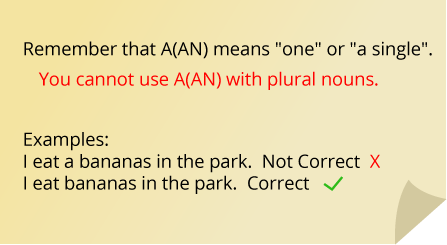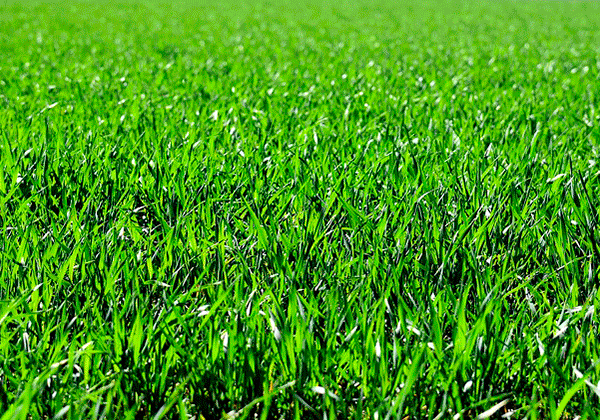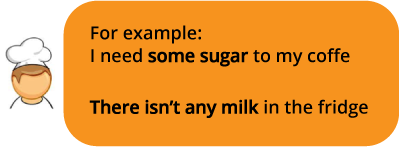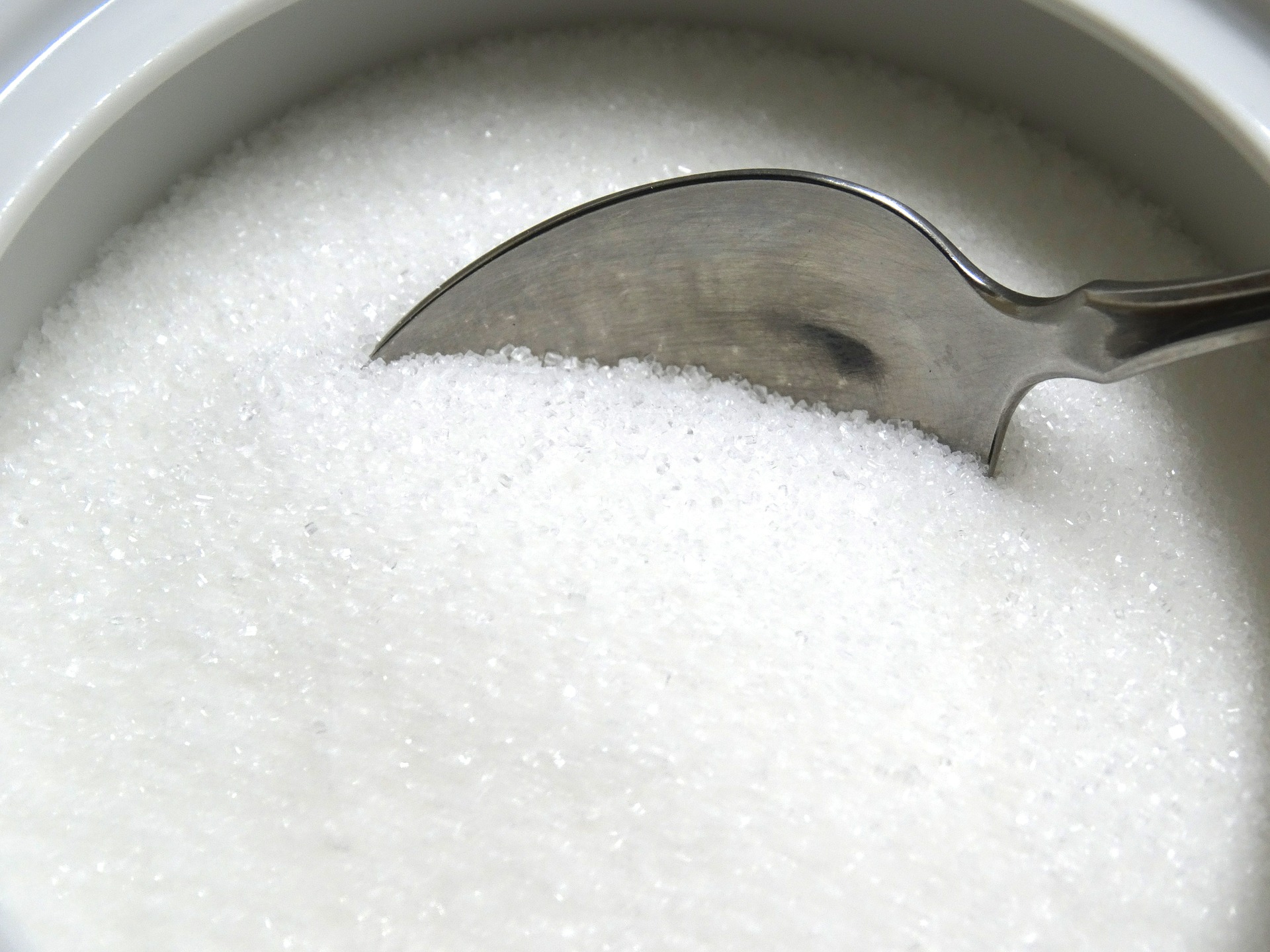- Countable nouns
- Countable nouns
- Countable nouns
- Uncountable nouns
- Uncountable nouns
- How much/How many
- How much/How many
-
Countable nouns are easy to recognise because they are anything that can be counted, ( dog, house, friend, book, orange, etc.). Don’t forget that we use article a/an.
Singular
Article A is used before singular countable nouns that begin with consonant sounds.

-
The article AN is used before singular, countable nouns which begin with vowel sounds.


-
Plural
Countable nouns become plural by adding “s”. You can add and before of them you can use an specific number (two, five, ten) or words like some, any or many.

-
Anything that cannot be counted is an uncountable noun. Even though uncountable nouns are not individual objects, they are susbtances, concepts, etc., that we can not divide into separated elements, they are always singular.
A smaller number of nouns do not typically refer to things that can be counted and so they do not regularly have a plural form: these are known as uncountable nouns (or mass nouns). Examples include: rain, flour, earth, wine, or wood.

Uncountable nouns can't be preceded by a or an, but you can use with some, any or much.
-


-
When we want to know the quantity or amount of something, we ask questions starting with How much and How many.
How much
How much is used with uncountable nouns.
How much can also be used when we want to know the price of something. In this case, we can use How much with countable nouns (both singular and plural nouns).
-
How many is used when we want to know the quantity of something. It is only used with plural countable nouns.

Often the noun is omitted in the question when it is obvious what we are talking about.
A: I would like to buy some cheese.
-B: How much (cheese) would you like?
The noun cheese is not necessary after how much since we already know we are talking about cheese. In fact, it is normally omitted to avoid sounding repetitive.
A: I need some coins. - B: How many do you need?
A: I need some sugar. - B: How much do you need?